[PConline talk] When it comes to Japanese household appliances, it is always confusing to see its decline in the domestic market. When the author's article in the impression talked about Japanese brands, there were always some “patriotic cynics†in the comments to express various patriotic feelings of “boycott Japanese goodsâ€. However, it is undeniable that nowadays, some of the core technologies still come from Japanese brands, and “boycott Japanese goods†is, in a sense, not at all realistic. If one day, the technology of domestic brands is no longer dependent on Japanese brands, can make better products independently, then do not need to resist, Japanese products have no way out.

Japanese household appliances have lost ground in the domestic market
Sanyo, Hitachi, Hitachi, Toshiba, Sony, Panasonic, Sharp and other Japanese household appliance brands that were once well-known are still active in the home appliance industry in the world. They are only Sony, Panasonic, and Sharp. Sanyo is completely out of the stage of history, and after successive exposure Panasonic, Sony, Sharp huge losses in recent years, the situation is worrying, the major giants are busy with corporate transformation.

Hisense Acquires Sharp Mexico Factory
However, things are far from over. Not long ago, Sharp announced the layoffs of about 6,000; then, Hisense invested 23.7 million US dollars to acquire the entire equity and assets of the Sharp Mexico plant. What is more, according to the report of Kyodo News, Sharp plans to sell one of the two headquarters-capital buildings located in Abeno, Osaka, to the NITORI Holding Group, which operates furniture stores, and has now entered the final coordination stage. Sharp, the father of liquid crystals, has shown unprecedented decline.

Panasonic shuts down Beijing factory and lays off about 1300 employees
As for Panasonic, it lost 700 billion yen in 2012, and then lost another 700 billion yen in 2013. This situation has not really appeared in Japanese companies. Panasonic has withdrawn from the Chinese market in the areas of kitchen appliances, gas stoves, embedded stoves, and water heaters, and has given up its plasma TV business. By 2014, Panasonic finally broke through the year-long losses and realized a surplus of 120 billion yen. However, Ozawa Ozawa, president of Panasonic China, stated that Panasonic’s desire to achieve profitability is still difficult due to its prior business model.
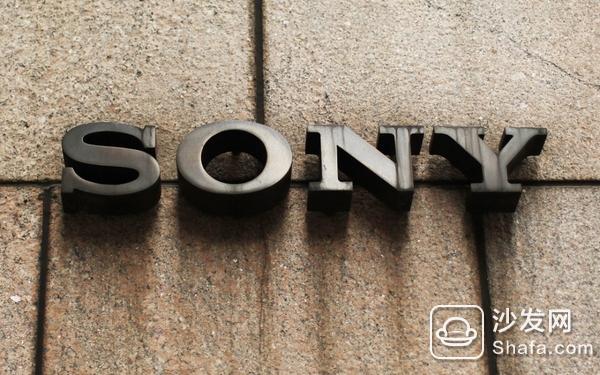
"Giant" Sony's constant transformation is plunged into an unprecedented confusion
When the cable powder shouted "Sony Dafa is good", whether it can realize its deep depression in the quagmire of loss. In fact, Sony's loss is mainly reflected in the two businesses of mobile phones and television. The television business has experienced a dilemma of losing more than 7 billion U.S. dollars for 10 years, and it is gradually coming out. However, it has always failed to achieve satisfactory results. Recently, the market research organization IHS DisplaySearch survey results show that in the second quarter of this year, Samsung TV in the global market share of 28.5%, continue to occupy the first throne, LG, ranked second with a share of 14.1%, Sony 7.3% Market share ranked third, Hisense fourth. Sony's current situation can be fully described as "a strong enemy before and a pursuer after."

Japanese home appliance kingdom decline
Editor Comments: Once the Japanese household appliances Kingdom can be described as unparalleled in the domestic market, with leading core technology, its products are widely praised by consumers. In recent years, however, there have been a series of negative news reports such as huge losses, layoffs, and factory closures. After many twists and turns, although it has slowly emerged from the predicament, it will never return to its glory. When these big brothers lamented that "Lost China has lost the world," we can see its desire for the Chinese market, and Can no longer show strong competitiveness and regain the glory of the past. However, things are not so simple...
Why Japanese Household Appliances Are So Difficult in China
At the just-concluded IFA2015, Sony, Sharp and other Japanese brand booths are still the focus of attention, such as the Sony 4K curved TV S90, Sharp's new 8K TV all without a doubt. This situation, linked to the Japanese home appliance brand in the country, you may not believe this fact.

Sharp launches 8K TV
So why is this really the case, do Sony, Sharp and other companies really fail? If someone really asks such a question, I will laugh at them too naive. Sony, Sharp, Panasonic and other Japanese companies have continued to lose money in recent years, but they still hold technology that domestic manufacturers do not have. For decades of technological accumulation, this is the largest capital. Said that Sony can not? IFA2015 debut Sony Z5 mobile phone, Sony 4K curved surface television, take up every major technology news headlines; said Sharp can not? People have an 8K TV and their industry peers worship. You are not satisfied. It is to let you know that if you want technology, you have to look at me.
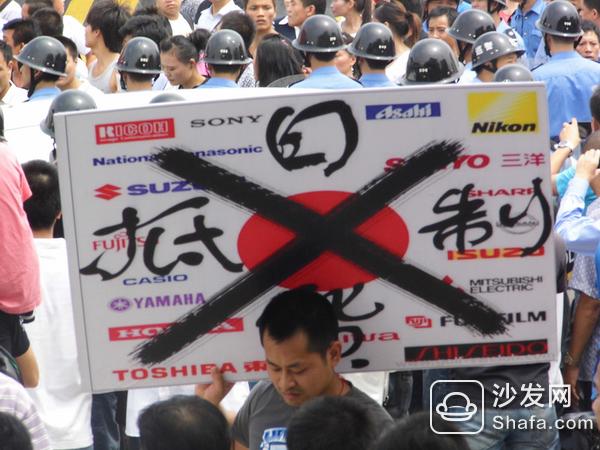
The glory of the Japanese home appliance kingdom is not
In essence, the author summarizes the following points:
1. Although Japanese brands have technical advantages, they have lacked innovation and have been slow to update in recent years. At the same time, South Korea's Samsung, LG and other brands squeezed, and compared to the rapid development of domestic brands, the technological gap is gradually narrowing, gradually reducing its competitiveness.
2. In the domestic market, consumers pay more attention to cost-effectiveness. As we all know, Japanese brands never seem to be linked to cost performance. In recent years, the price war of domestic manufacturers has been very fierce, and prices of household appliances have been pulled down once and for all. Make domestic brands almost occupy the vast majority of the low-end market, further reducing the Japanese brand's market share.
3. The rapid popularization of smart terminals such as mobile phones, tablet computers, and computers has made television less important in people's daily lives. The television business of Sony and Sharp has been seriously affected.
4. Internet companies such as Xiaomi and Leshi have entered the TV and other household appliances industries through independent or cooperative means with content and services, which has brought great impact to the traditional business model. The development of Japanese companies that have been developing for decades is even more difficult.
5. When the wave of smart appliances hits, domestic appliance makers seem to respond more quickly, and a large wave of intelligent products rushes to the market. Sony, Sharp and other brands appear to have been slow to respond, and hardware technology has not brought much surprises.
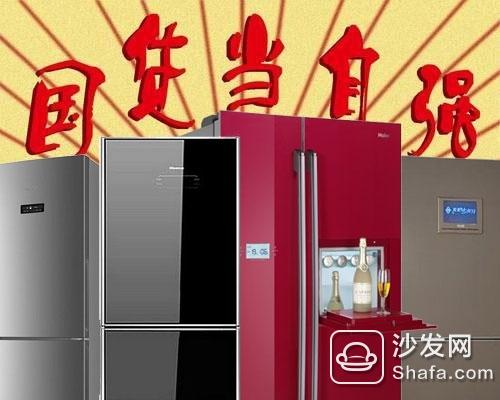
When Chinese goods are strong
Edit Comment: The technical advantages, perhaps Sharp, Sony and other brands still do not like Panasonic as the only reason to gradually give up appliance business. Perhaps we should be grateful that the Japanese brand gradually declined, and domestic brands have gradually demonstrated their competitiveness. Compared with Japanese brands rejuvenating past glory, we also hope that our domestic brands can strive to breathe, at least in the local market to take absolute advantage.
Japanese companies decline, domestic appliances are expected to stand up
In recent years, the development of domestic home appliance brands has been particularly rapid. Haier, Gree, Midea and other brands have become famous overseas. Their air conditioners, refrigerators, washing machines and other products are well received in China. Gree has a number of international-level technologies such as two-stage inverter compressors and magnetic suspension variable-frequency centrifugal units. Recently, Gree has suffered from the high cost of digging people at home and abroad. This also shows that Gree has a huge talent advantage. Haier launched the high-end solution of Haier U-home smart home today in the rise of smart homes, maintaining its leading position in the industry.
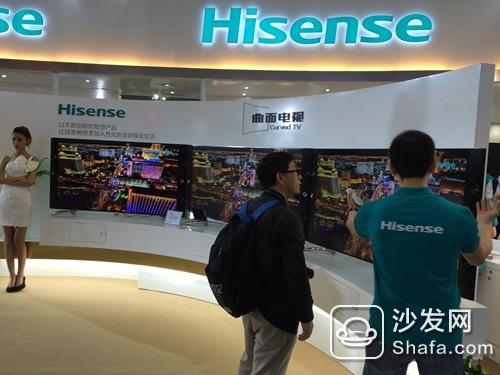
Does Hisense manage Sharp America?
In terms of television, Hisense, TCL, Skyworth and other brands faced the competition of the Japanese brands Sony and Sharp. In the global TV market share ranking in 2014, Hisense followed closely with Sony, and it completely surpassed the trend, ranking third. The recent acquisition of Sharp America also made its wings more plump.
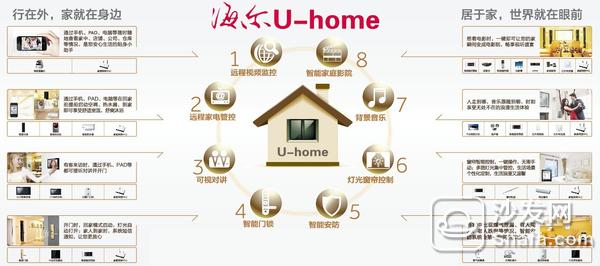
Haier U-home smart home solutions
At this year's IFA2015, domestic home appliance manufacturers also shine. Haier's high-end terminal brand Casa Di Gemini washing machine is the world's first double-drum washing machine, can be described as stunning debut. And Hisense, TCL and other brands also have their new smart home appliances displayed in front of the world. All indications indicate that domestic home appliance brands have begun to exhibit their competitiveness that cannot be ignored. At this stage, although it is still too early to catch up with Samsung, LG and other brands, it is still possible to continue to squeeze the share of Japanese household appliances.
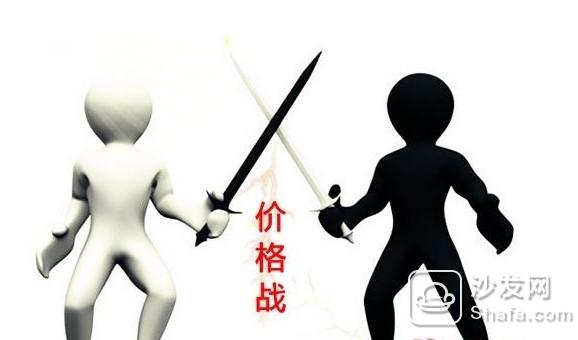
Home appliance industry price war intense
In recent years, domestic brands have been frantic in price wars, pushing down the average price of the industry once and for all. For consumers, whether it is a good thing or a bad thing, I am not sure. Cheap is a good thing, but businesses do not make a loss to buy and sell, cheap means that the cost is reduced, and the cost reduction may be caused by the loss of quality and performance. This is an endless loop. Quality or price, domestic manufacturers will need to find a balance between the two.

Gree Electric Appliances President Dong Mingzhu
In addition, I actually agree with Miss Gree's words that "China's manufacturing confidence lies in technological innovation." This sentence is a good interpretation of the importance of technological innovation to the development of domestic brands. The Japanese brands such as Sony and Sharp have continued to have strong vitality, and they still have a strong vitality. People still have hope for them. The essence lies in the fact that they hold leading core technologies in their hands. This is the source of a company’s life. .
Conclusion: Although the decline of Japanese brands is regrettable, we also hope that domestic brands can seize the opportunity to make a beautiful comeback. The key lies in technology, and it is necessary to turn Chinese manufacturing into Chinese creation. Second, how to find a balance between quality and price to satisfy consumers is also a thorny issue. Doing these two things well, domestic brands will go further and further, and they will also be able to maintain their dominant position in the Chinese domestic market.
Iron Battery,Nife Batteries Australia,Nife Battery 600Ah For Asutralia,Ni-Fe Battery 450~600Ah
Henan Xintaihang Power Source Co.,Ltd , https://www.taihangbattery.com
